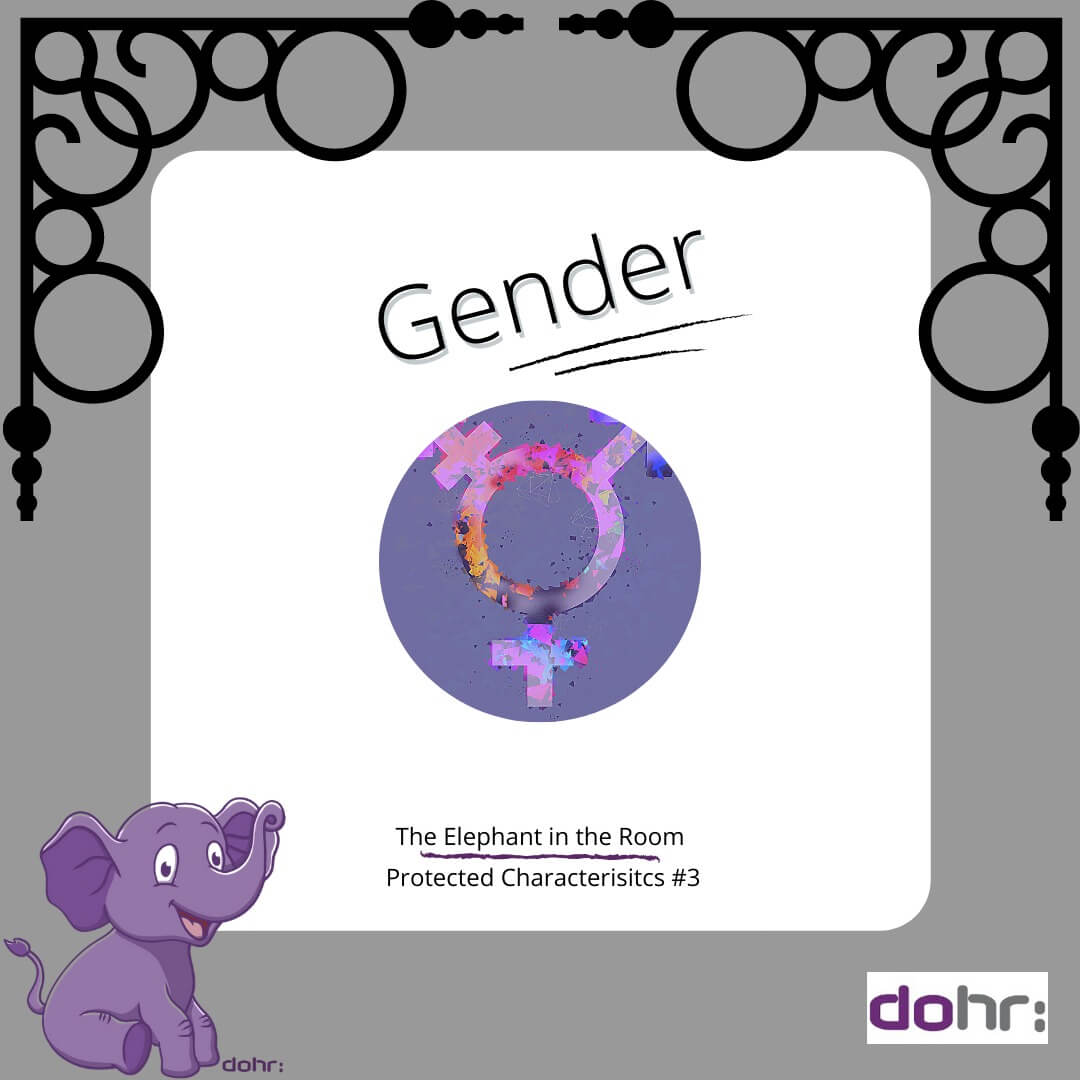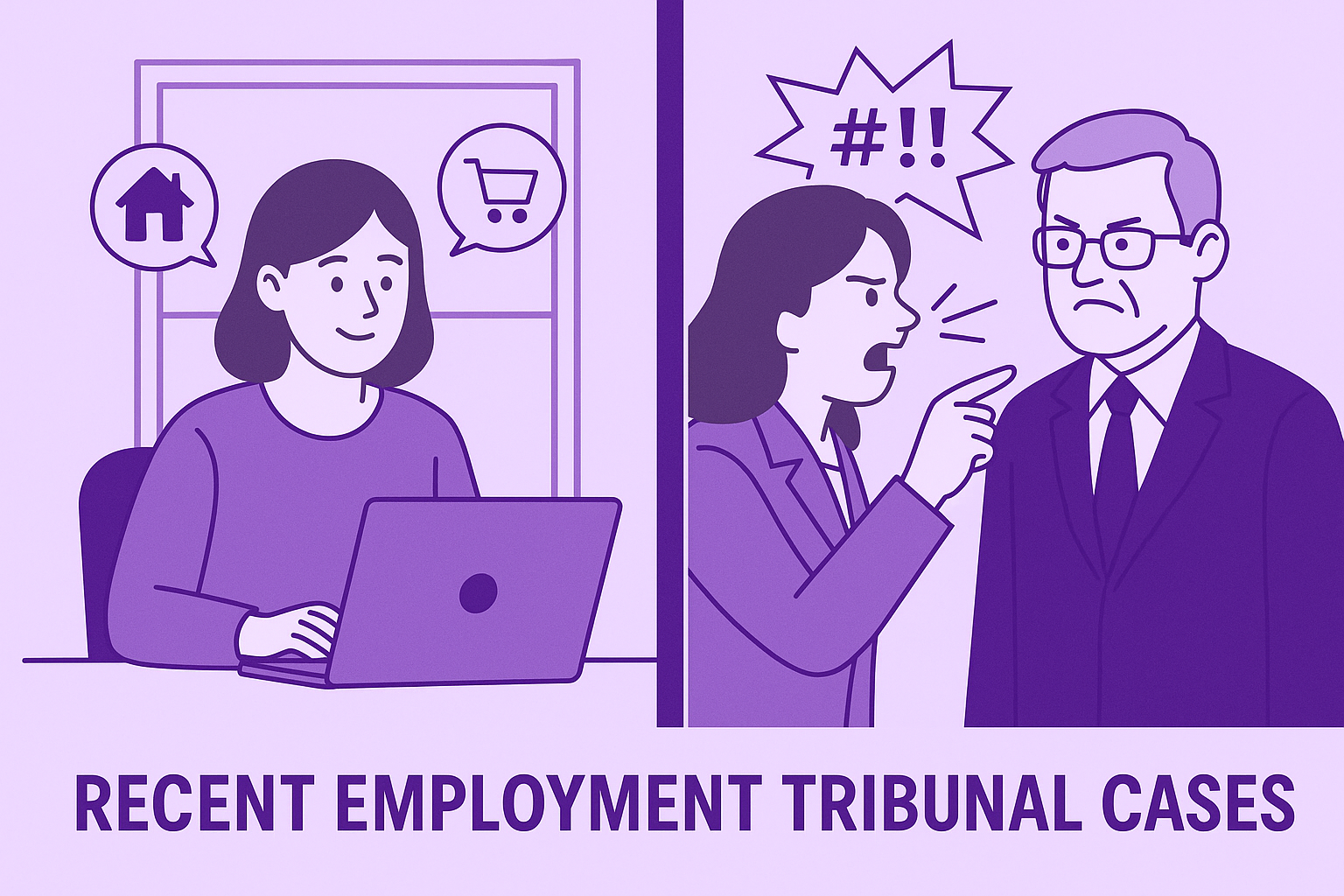There are two ways in which I can tackle the Gender Elephant!
The first is in the traditional way; by looking up to see if there is still a glass ceiling. The second is by looking at gender in today’s society i.e. the increasing use of pronoun confirmation in email signatures, LinkedIn profiles etc.
I’m going to attempt to weave these two issues together, because at the heart of the gender issue is the fact that it should make absolutely no difference to someone’s ability to secure a job, thrive, be promoted and make a difference.
When I started to see pronouns being used at work, I thought it was due to the increasing number of international names in the workplace, or the fact that people like my mother use the male spelling of Bobby, thus confusing people. Increasingly, this is not the case, but is used to provide clarity as to how they wish to be identified.
Over twenty years ago my brother came home to tell me how shocked he was that his ‘plain’ colleague John, was now the stunning Joanna, who had been leading a double life for years and was now completing that transition by coming out at work.
So, let’s use Joanna as an example. As John, ‘he’ was hired and was very capable of doing the job. He was promoted and managed a team of people who respected him for his skill and expertise. Does the view of managers and colleagues change when John becomes Joanna? The skills and experience are the same. Her ability to interact with and manage her staff doesn’t change? Is her career path the same as it was?
Unfortunately, experience tells us that it is not. People who have transitioned find it hard to be accepted into many workplaces. Their colleagues are still looking for ‘John’ and are disorientated. Management are often embarrassed and don’t know how to react to this ‘newcomer’.
Is this a male to female thing? Not only!
There are reports of people transitioning from female to male having the same sorts of issues and ‘still’ not being able to climb the career ladder as managers still see them as female and therefore stigmatise them.
The sorts of issues we have to deal with as an HR team include which toilets should they use, what uniform should they wear (if the business provides a uniform or dress code) and sadly, bullying or harassment.
So why is anyone still discussing gender these days?
It used to be that women were more likely to take time out to have a baby and while this is still the case, employment legislation and the introduction of shared parental leave does mean that increasing numbers of men are sharing the time out with their partners. Personally, I think this will continue as a result of covid and men having more time to spend with family at home. There is a greater desire to be involved. This may be achieved through working from home policies and practices, but may also be achieved by men taking time out to spend with their partners and new born children.
All parents have the right to request parental leave. While this is unpaid and therefore some families just can’t afford it, very few men take up the leave. This is usually because they are paid more than their female partners, so until there is equality in pay, this is trend will continue.
There are still equal pay claims going through the courts which find that people in female dominated roles are being paid less than colleagues in male dominated roles. Many public sector and large businesses are required to report their equal pay gap on an annual basis. This has been suspended this year due to covid, but the theory is that by analysing and reporting it every year, the gap narrows and eventually vanishes.
Increasing numbers of women are delaying having a family so that they are an active part of the workforce for longer before children, but we still don’t see the same career progression for women as we do for men.
Looking at the HR profession is an interesting exercise. Imagine a triangle with entry level at the bottom and the most senior HR professionals at the top. At the bottom end, the majority of employees are female. As the number of jobs decreases with seniority, there is a significant increase in the number of men holding those roles. The figures are moving, but so slowly and as a percentage of women entering the profession…… not nearly enough.
Employers need to actively look at their recruitment, pay and promotion frameworks. Are people being treated fairly regardless of their gender? Do people of both genders compete on a level playing field? Can women earn as much as men and sit side by side at the Boardroom table, not because of their gender but because they have earnt the right to be there?



